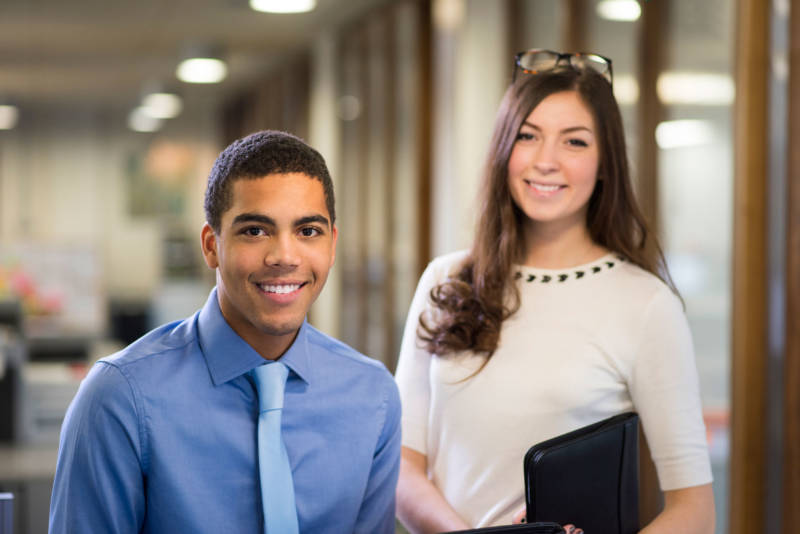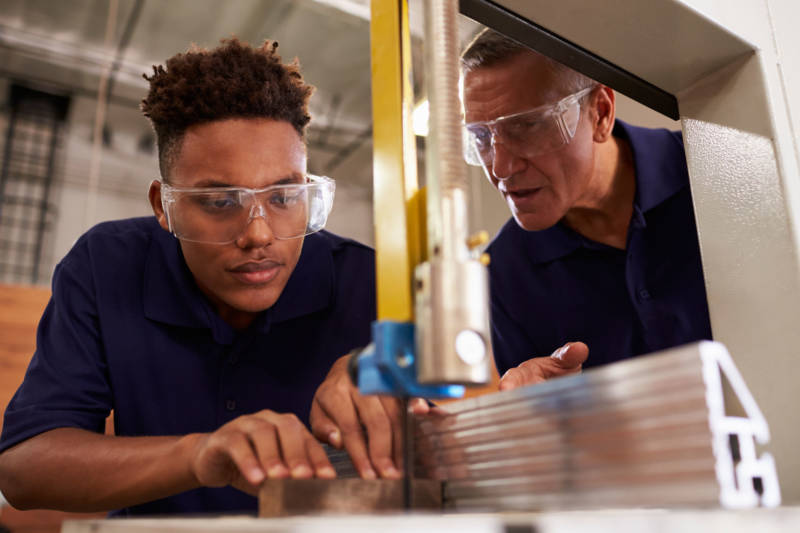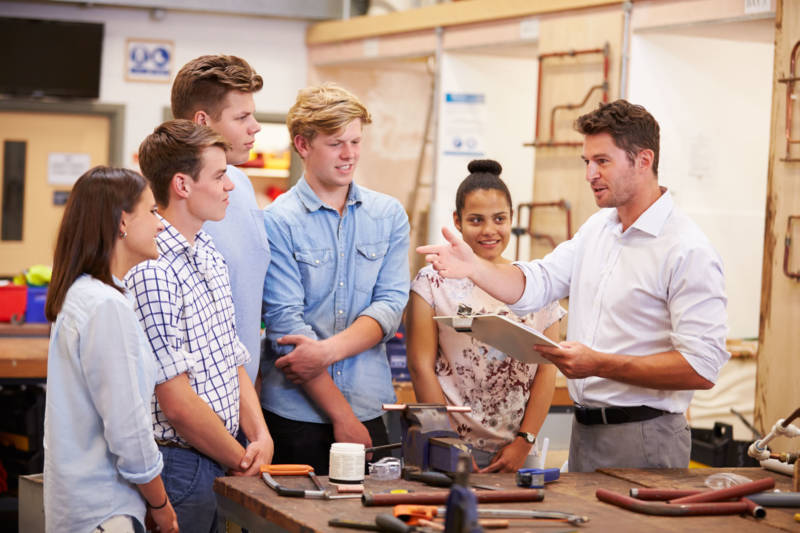
Personal responsibility is a skill that most people don’t put on their resumes but it is crucial in the workplace. Personal responsibility is the level of commitment one is willing to make in setting and achieving clear goals. In other words, being personal responsible means taking responsibility for one’s actions, words, and performance at work.
Responsible employees understand that they are in full control of themselves. They take credit for successes but also take responsibility for their failures. Personal responsibility is a crucial skill for any successful employee. Developing responsibility in students should be one of the core goals of your program. If you can teach them how to be responsible at school they will bring those talents to the workplace. In this post we go over some of the key aspects of what makes a person responsable.
Goal Achievement

A goal is an objective or an outcome that a person strives to obtain. Goal setting is the ability to identify clear objectives and come up with plans and dates for reaching them. Setting goals gives individuals something to work toward. Writing down goals is a necessary step in goal achievement. Having written goals increases accountability and helps to focus time and energy. Work with your students to help them create short and long term goals so they can start developing their goal achievement. All goals should meet the following five criteria.
- Reasonable
- Specific
- Meaningful
- Measurable
- Have a deadline
Achievement Drive

Achievement drive is the level of desire, effort and commitment one makes toward an individual goal. In other words, what will you commit to doing that will result in meeting your goal? Will you have to work extra hours? Do you need to increase the amount of research you are doing? Will you research new sales techniques? These are all questions that your students should ask themselves about their own goals. If a goal doesn’t require one to work harder or do something out of the ordinary, it probably isn’t challenging enough.
Positive Inner Self-Learning

A lot of people don’t realize this, but behavior is actually determined by your thoughts. Everyone has the power to control their thoughts and feelings in order to choose their behavior. This can be a difficult skill for students to learn, but it can be done by using Positive Self-Learning. In order to be successful and achieve goals you students need to develop positive thoughts. People are typically their own worst critic. The key to silencing this inner critic is positive inner self-learning. Have your students follow these four steps for positive inner self-learning:
1. Watch behavior without judgment or finding fault
2. Decide what changes are necessary and visualize the correct way to do it
3. Allow the activity to happen, holding back judgment
4. Watch the results until the correct behavior is achieved and becomes a good habit
Self-Control

Self-control is the ability to control personal feelings and emotions in difficult situations. A persons level of self-control determines whether they reacts to an angry customer in a polite way, or whether they react back at them in a negative way. There are two types of people. The first type are those who believe they are responsible for what happens to them. The second type are those people who believe that they are victims and have no control over what happens to them. Changing from the second type to the first type can be challenging but starting with your students now will serve them well in the workplace.
Self-Improvement

How do you feel about change? Does it scare you? Does it make you excited? Nervous? Self-improvement is having a willingness to change in order to find ways to do something better. In the workplace, it’s easy to become comfortable in one’s job. For some employees, the thought of changing the way they do things sounds challenging and even frightening. However, self-improvement is necessary for both personal and professional growth.
Self-improvement starts with having an awareness of one’s self, one’s strengths, and one’s limitations. This awareness must be combined with a strong desire to change and improve. In order to develop self-awareness have your students ask themselves the following questions:
1. What are some of your strengths?
2. What are some of your weaknesses?
3. How would you like to change and improve upon in your life?
What types of answers did they give? Have you seen patterns between how they responded to these questions and their behaviors at school? Use this information to help your students develop their personal responsibility so they will be ready for the workplace.
